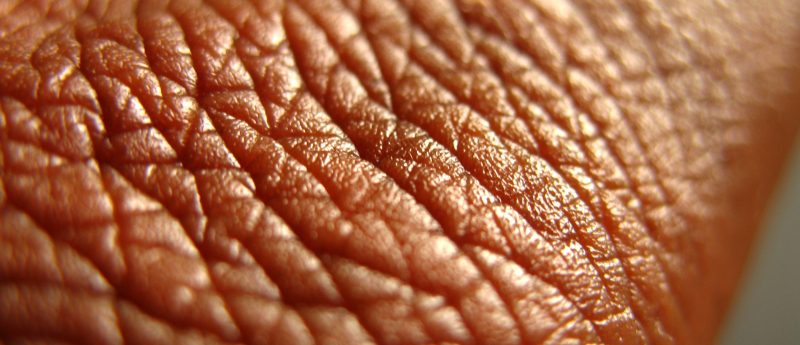Memory of inflammation in stem cells enhances wound healing

Researchers demonstrate that inflammatory memory sensitizes skin epithelial stem cells, resulting in enhanced wound healing.
Researchers, led by Elaine Fuchs from The Rockefeller University (NY, USA), have discovered that skin epithelial stem cells (EpSCs) possess a prolonged memory to acute inflammation which facilitates faster wound recovery.
The immune system is known to maintain an immunological memory in order to respond more rapidly and effectively to assaults and facilitate wound repair. As the body’s protective barrier, the group chose to investigate this response in the skin, evaluate its effect on wound healing and aimed to elucidate the mechanism behind it.
Using mouse models, the team demonstrated that barrier restoration following tissue damage was more than twice as fast in skin that had previously experienced an inflammatory response compared to previously undamaged skin.
Upon further experimentation to study the mechanistic basis, the enhanced rate of healing was attributed to inflammatory tuning resulting in EpSCs maintaining chromosomal accessibility at key stress response genes, resulting in a heightened responsiveness to stressors during a second round of inflammation.
Importantly, expression of the Aim2 gene, which is responsible for encoding an activator of the inflammasome, is increased following an initial bout of inflammation. A second assault initiates rapid activation of this “damage-and-danger” sensing protein, resulting in an inflammatory signal that facilitates a more rapid migration of EpSCs to the repair site.
The findings could also have implications in various inflammatory disorders affecting other parts of the body. The group state that the increased sensitivity resulting from inflammatory tuning likely enhances susceptibility to autoimmune and hyperproliferative disorders, such as cancer.
“A better understanding of how inflammation affects stem cells and other components of tissue will revolutionize our understanding of many diseases, including cancer, and likely lead to novel therapies,” concluded Shruti Naik (The Rockefeller University, NY, USA).
Sources
Naik S, Larsen SB, Gomez NC et al. Inflammatory memory sensitizes skin epithelial stem cells to tissue damage. Nature doi:10.1038/nature24271 (2017) (Epub ahead of print); www.rockefeller.edu/news/20737-inflammation-trains-skin-heal-faster/